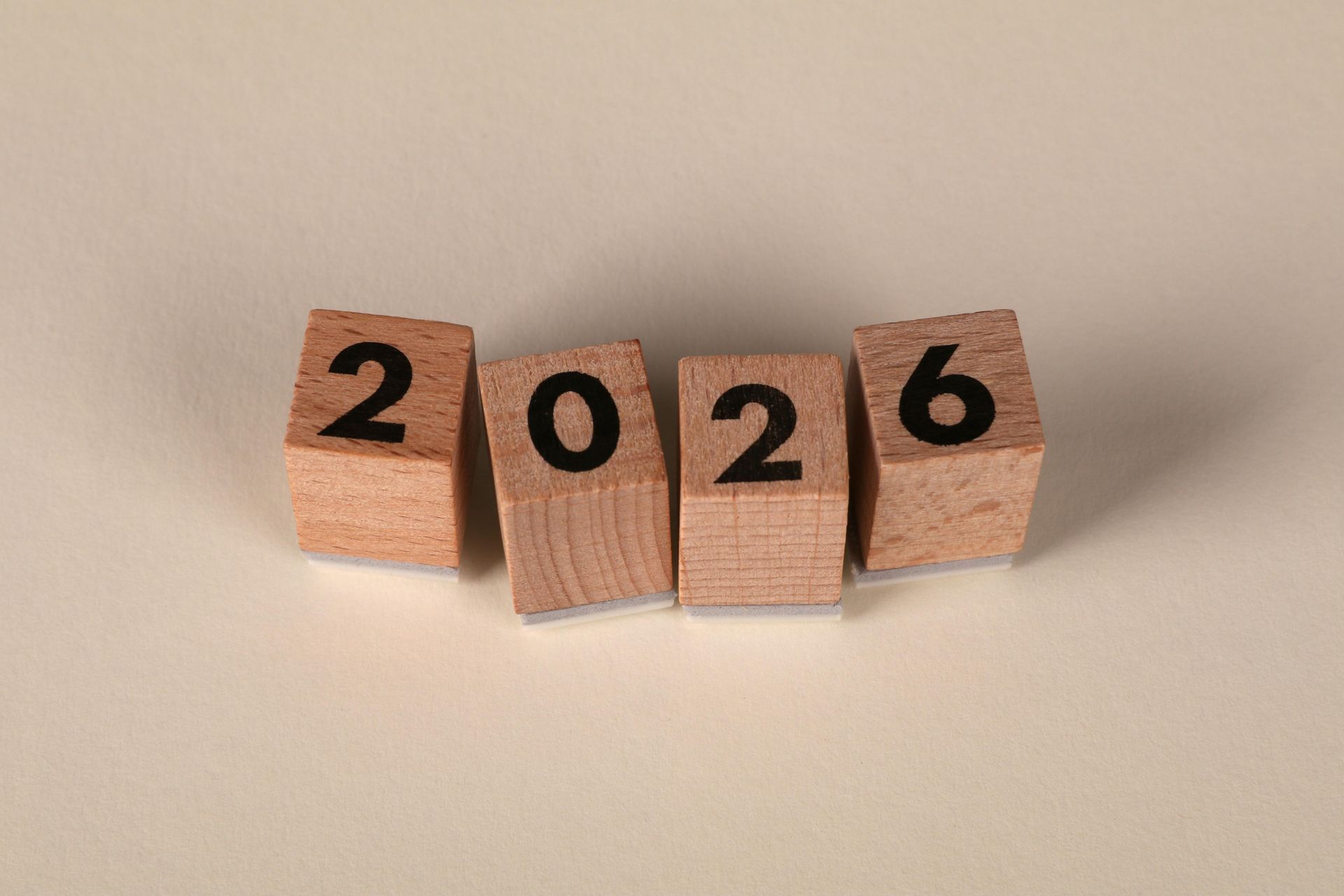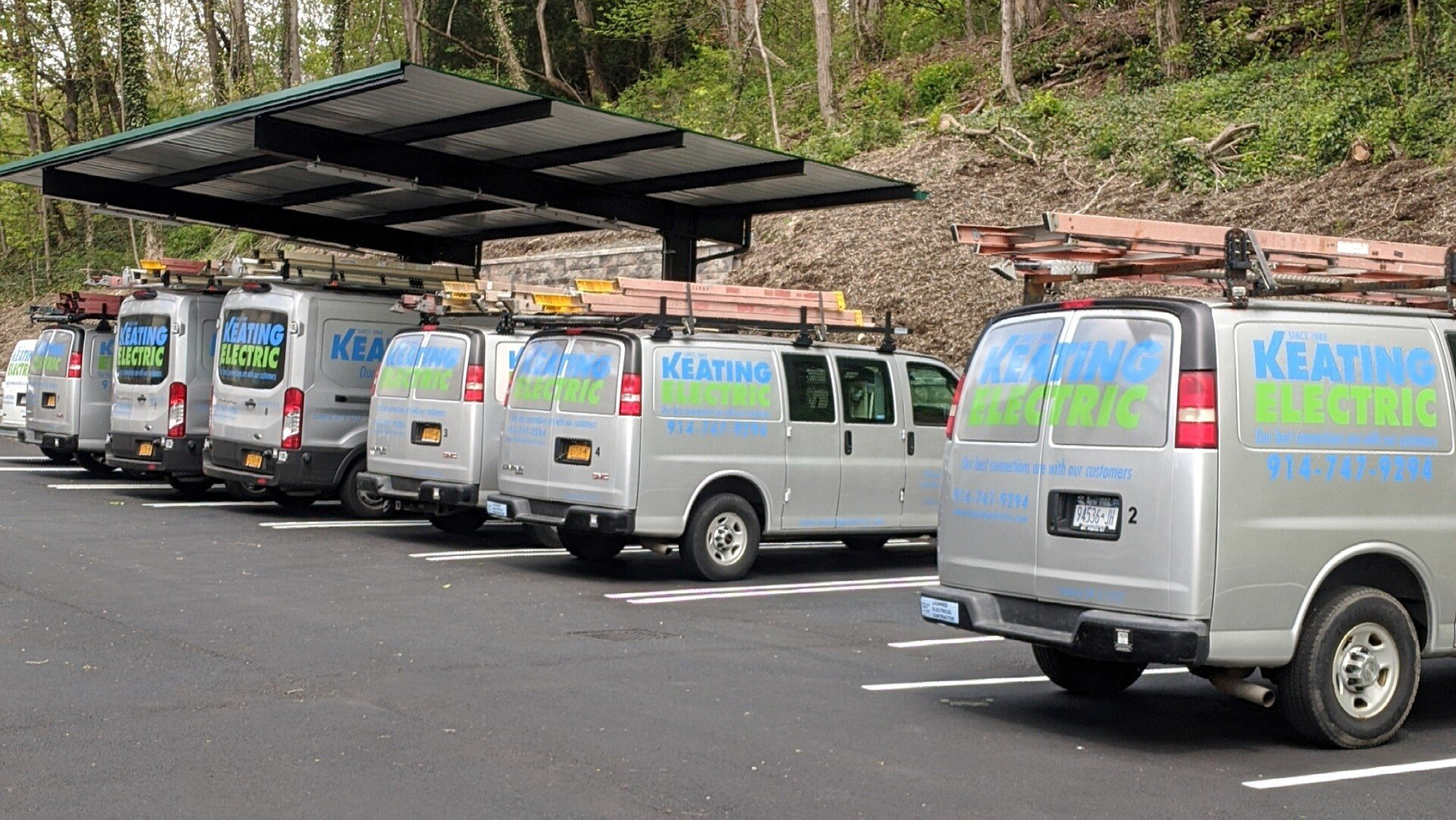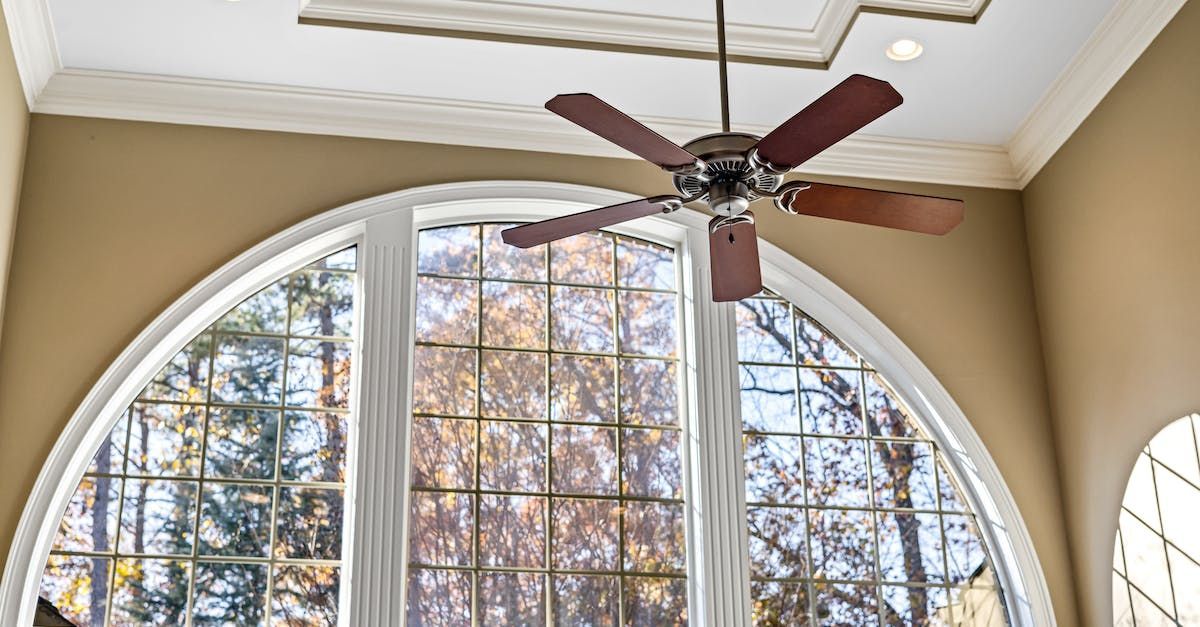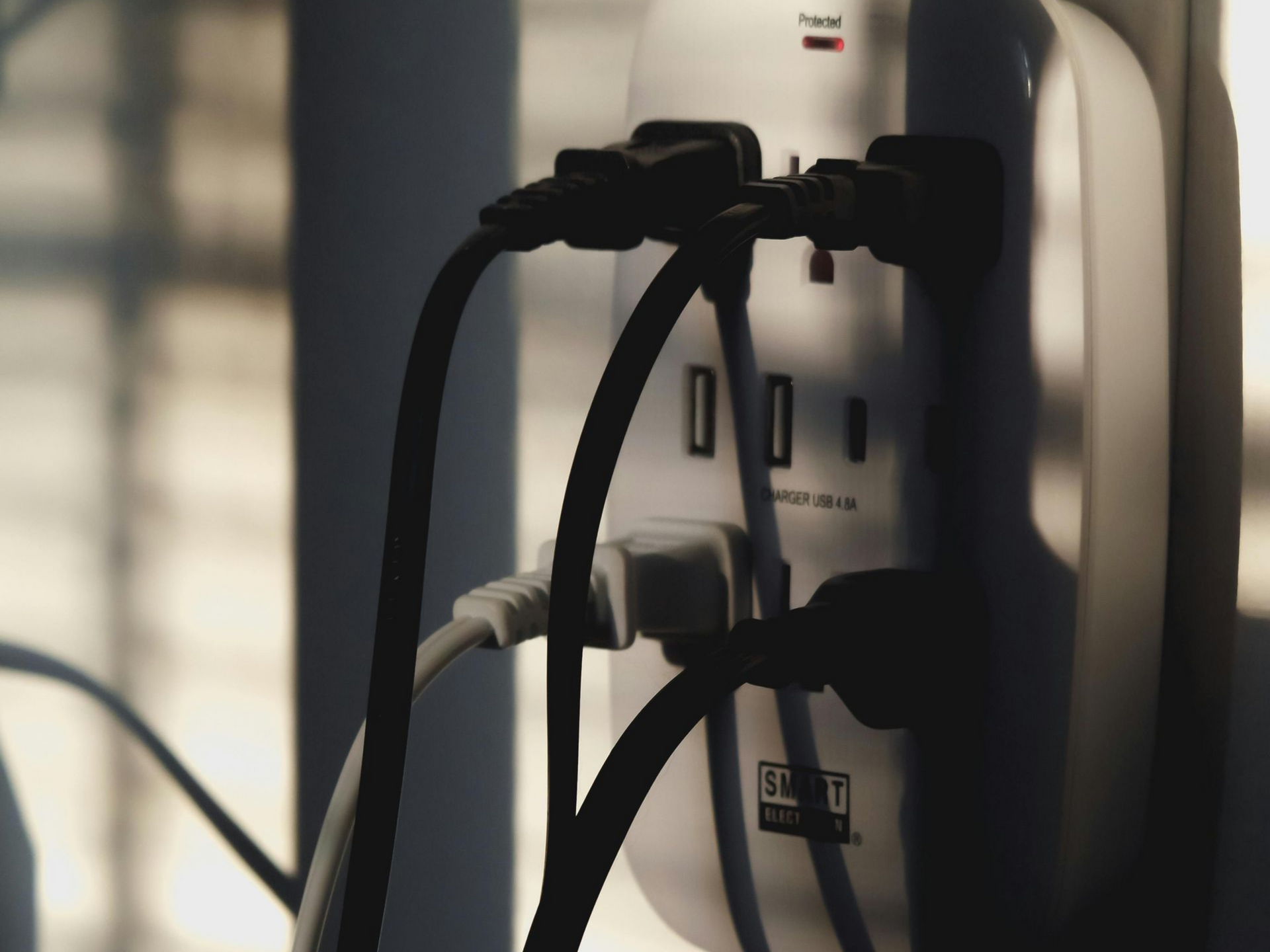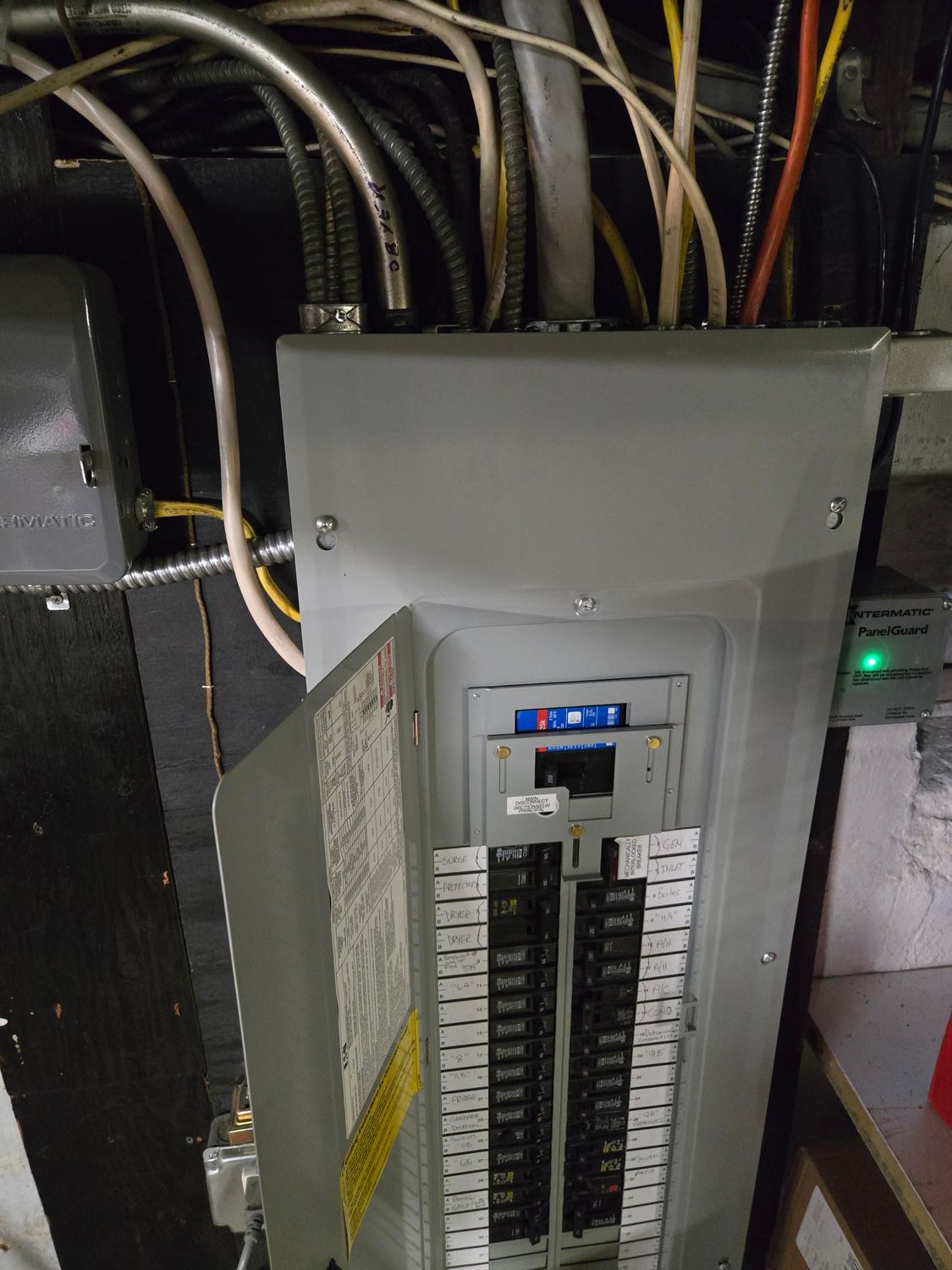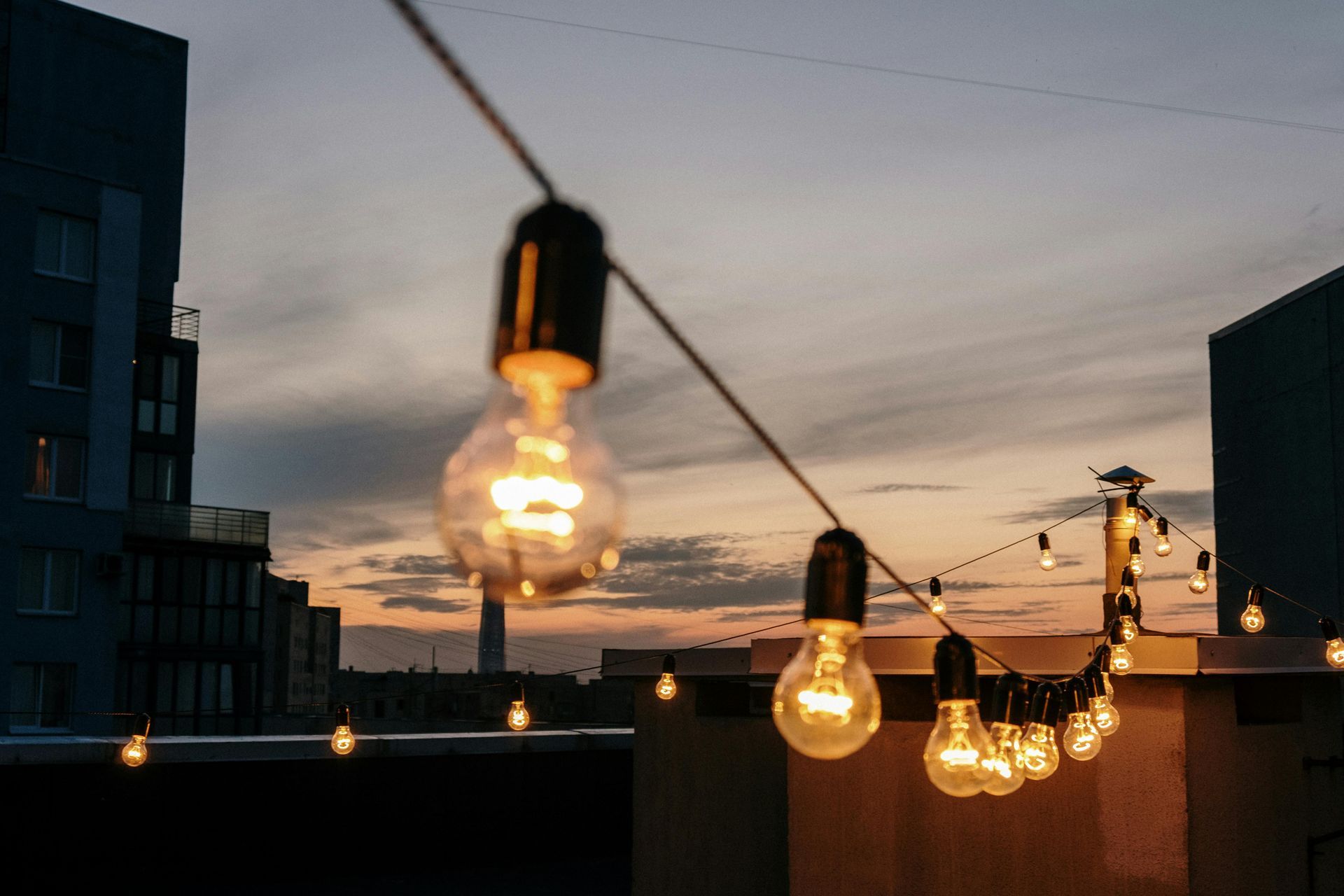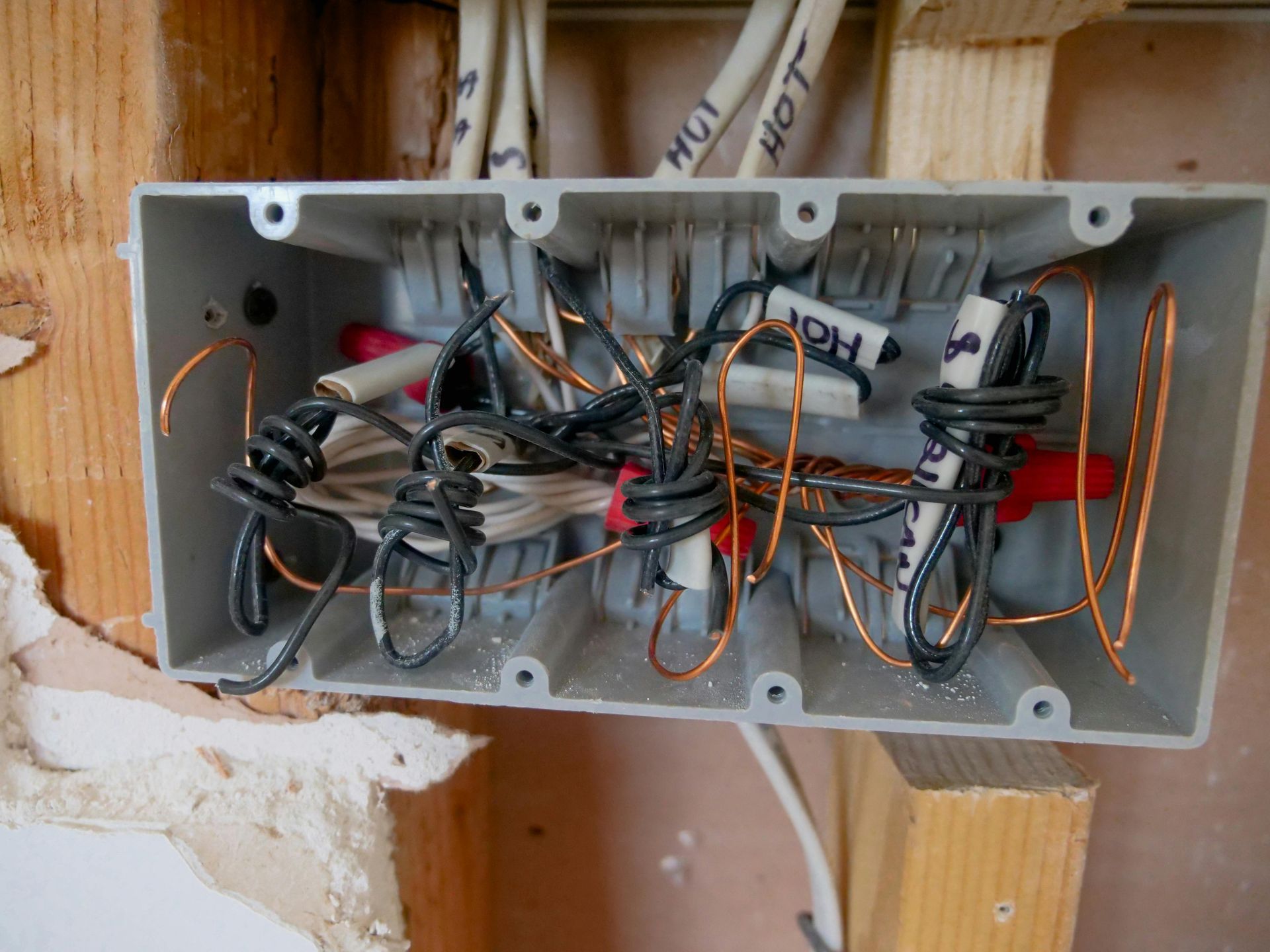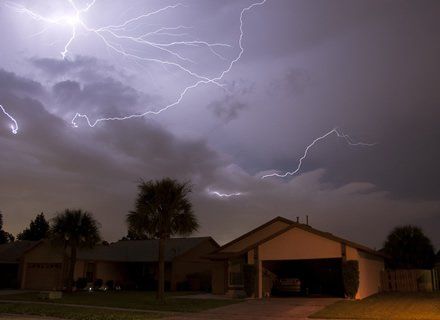How to Save on Your Electric Bill

Reducing your electricity use is good for your wallet and also good for the environment. Here are some expert tips on how to save on your electric bill.
Upgrade to Energy-Efficient Lighting
Switching to energy-efficient lighting, such as LED bulbs, can substantially reduce your electricity consumption. LED bulbs use up to 75% less energy than traditional incandescent bulbs and last significantly longer. Consider replacing all the lights in your home with LEDs to see an immediate reduction in your energy usage.
Install a Programmable Thermostat
A programmable thermostat allows you to control your home’s temperature settings automatically. By setting your thermostat to adjust the temperature during times when you’re not home or when you’re sleeping, you can avoid unnecessary energy usage. Smart thermostats take this a step further by learning your schedule and adjusting the temperature for optimal efficiency.
Use Energy-Efficient Appliances
Appliances account for a significant portion of your household energy consumption. When it’s time to replace old appliances, opt for Energy Star-rated models. These appliances meet strict energy efficiency guidelines and can help reduce your electric bill. Regular maintenance, such as cleaning filters and coils, can also keep your appliances running efficiently.
Seal and Insulate Your Home
Proper insulation and sealing of your home can prevent energy loss. Check for drafts around windows, doors, and other openings, and use weatherstripping or caulk to seal any gaps. Insulating your attic, walls, and floors can also help maintain a consistent temperature, reducing the need for your HVAC system to work harder than necessary.
Unplug Electronics When Not in Use
Many electronics and appliances draw power even when they’re turned off. This is known as phantom or standby power. Unplug devices when they’re not in use or use power strips to turn off multiple devices at once. Smart power strips are available that automatically cut power to devices that are not in use.
Utilize Natural Light
Make the most of natural light during the day to reduce your reliance on artificial lighting. Open curtains and blinds to let in sunlight, which can also help warm your home in cooler months. Consider installing skylights or larger windows in areas where you spend the most time.
Schedule Regular HVAC Maintenance
Your heating, ventilation, and air conditioning (HVAC) system is one of the largest energy consumers in your home. Regular maintenance, such as cleaning or replacing filters and checking for leaks, can improve its efficiency. An annual inspection by a professional can ensure your system is running optimally and help prevent costly repairs.
Invest in Solar Panels
While the initial investment can be high, solar panels can provide long-term savings on your electric bill. Solar panels harness energy from the sun to power your home, reducing your reliance on the grid. Installing a power system can help reduce costs as well.
Optimize Your Water Heater
Be it electric or another fuel source, heating water is a significant energy expense. Lower the thermostat on your water heater to 120 degrees Fahrenheit to save energy. Consider insulating your water heater and hot water pipes to retain heat. Additionally, using cold water for laundry and installing low-flow fixtures can reduce the amount of hot water you use.
Conduct an Energy Audit
An energy audit conducted by a professional can identify areas where your home is losing energy. During an audit, they should inspect your home’s insulation, HVAC system, lighting, and appliances to recommend improvements. This comprehensive assessment can help you prioritize upgrades that will have the most significant impact on your energy bills.
